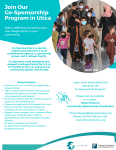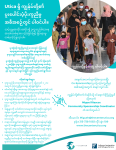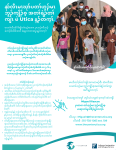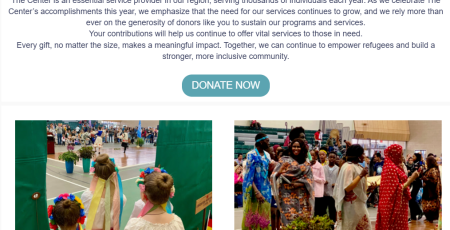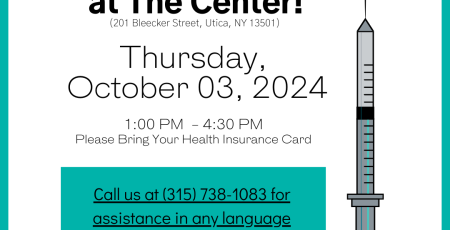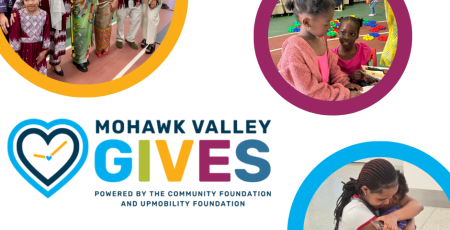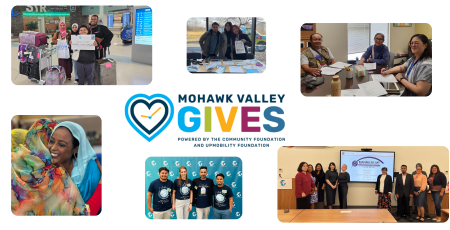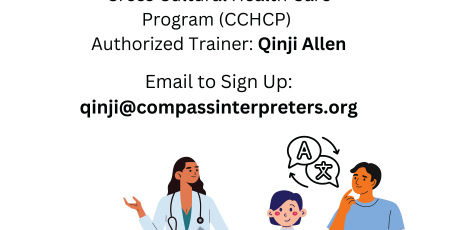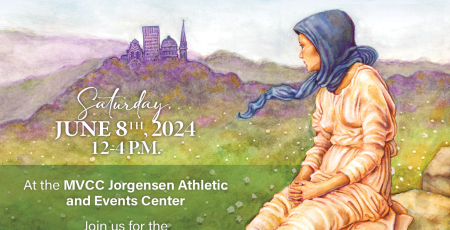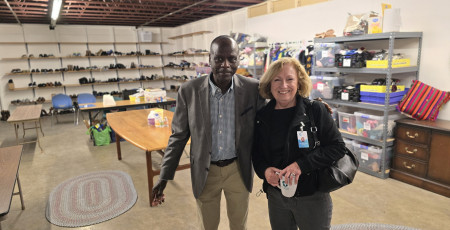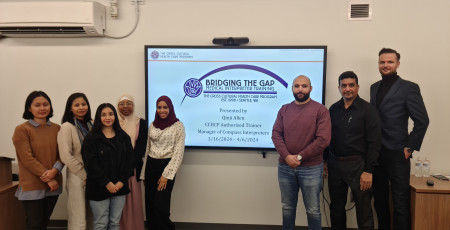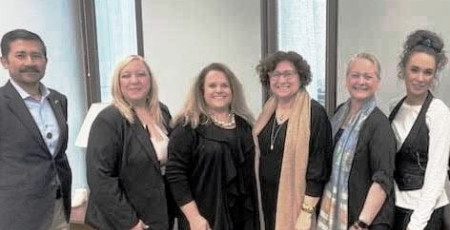Co-Sponsorship Program
Co-Sponsorship is a special relationship between a local resettlement agency, a community group, and a refugee family.
Co-Sponsors walk alongside and support a refugee family for 3, 6, or 12 months in the U.S. and serve as community guides and friends.
Overview
Make a difference by sponsoring a new refugee family in your community!
Program Highlights
- Commit to 3, 6 or 12 months of supporting a refugee family.
- Sign a written commitment with your local resettlement agency to provide friendship, encouragement, and support.
- Fundraise toward a specific monetary goal for support of the refugee family.
- Groups are made up of 6-10 people from your faith community, neighborhood group, company, alumni association, or others.
- Support case managers who complete official paperwork, schedule initial medical appointments, and enroll refugees in public benefits.
- All team members must attend Co-Sponsorship training and complete a background check.
Key Contact Information
Learn more information and signup for the Co-Sponsorship Program!
-
Miguel Riascos
Co-Sponsorship Program Information
A community group accepts, in a non-legally binding written agreement with a local affiliate (resettlement agency). Assuming the responsibility to provide or ensure the provision of the majority (8 or all) of R&P services in partnership with the local affiliate and provide negotiable fundraising financial support. Co-Sponsor is overseen by the local affiliate.
Refers to a community group that has committed to providing less than a majority of R&P Core Services (7 or fewer) to refugees in partnership with the local affiliate or community partner. Although support teams are not required to sign a written agreement, LIRS considers it a best practice for all community groups to sign a commitment form with the local resettlement agency. Like Co-Sponsors, there is a financial component, and they are overseen by the local resettlement agency.
They are part of a group that has only committed to providing financial and in-kind contributions to support the welcome of refugee families during the integration process in the local community. There are different ways to use the financial requirement, for instance, the money collected will pay for rental assistance, unmet unexpected needs of the family, and administrative needs the program may face.
A community group or individual that offers different types of services free to refugee families that help them to learn and improve their skills in art, sport, business, and others. This level of commitment focuses on promoting meaningful interaction and integration between refugees/newcomers and the local community.


